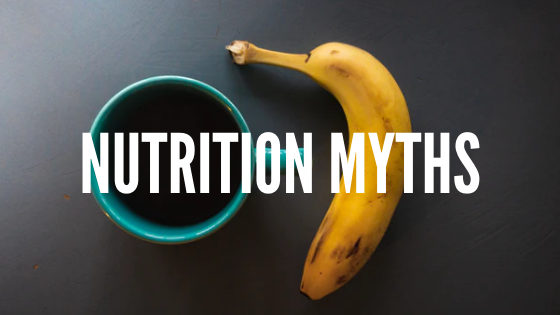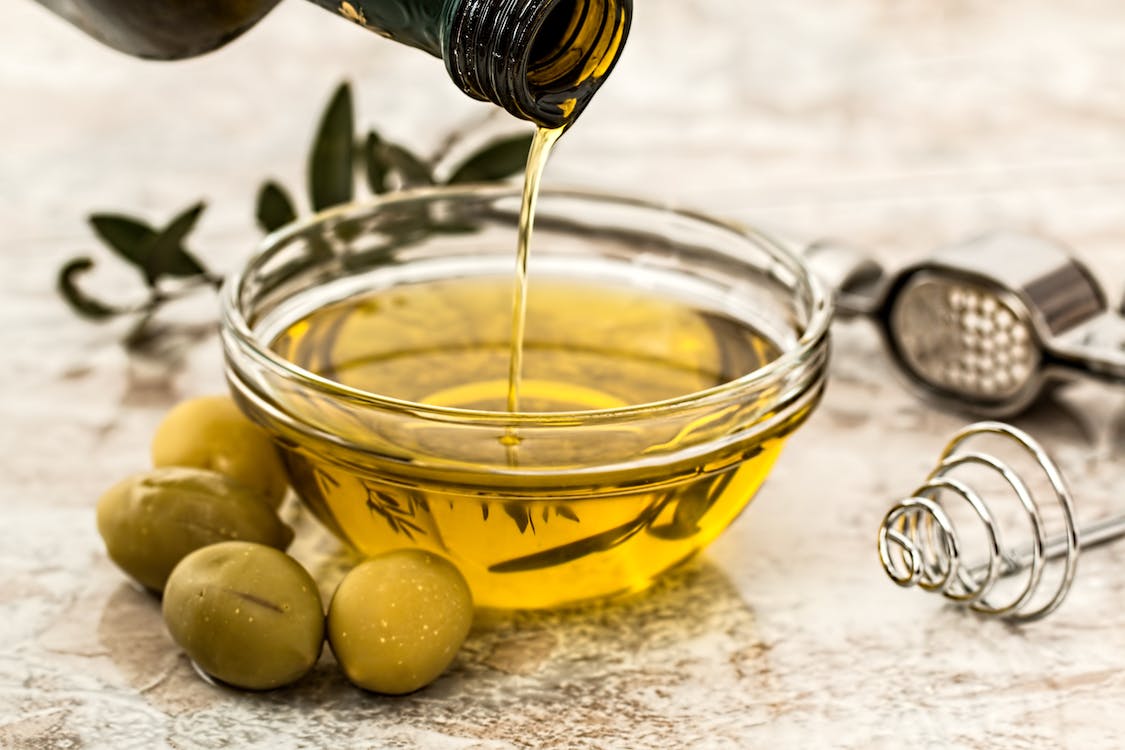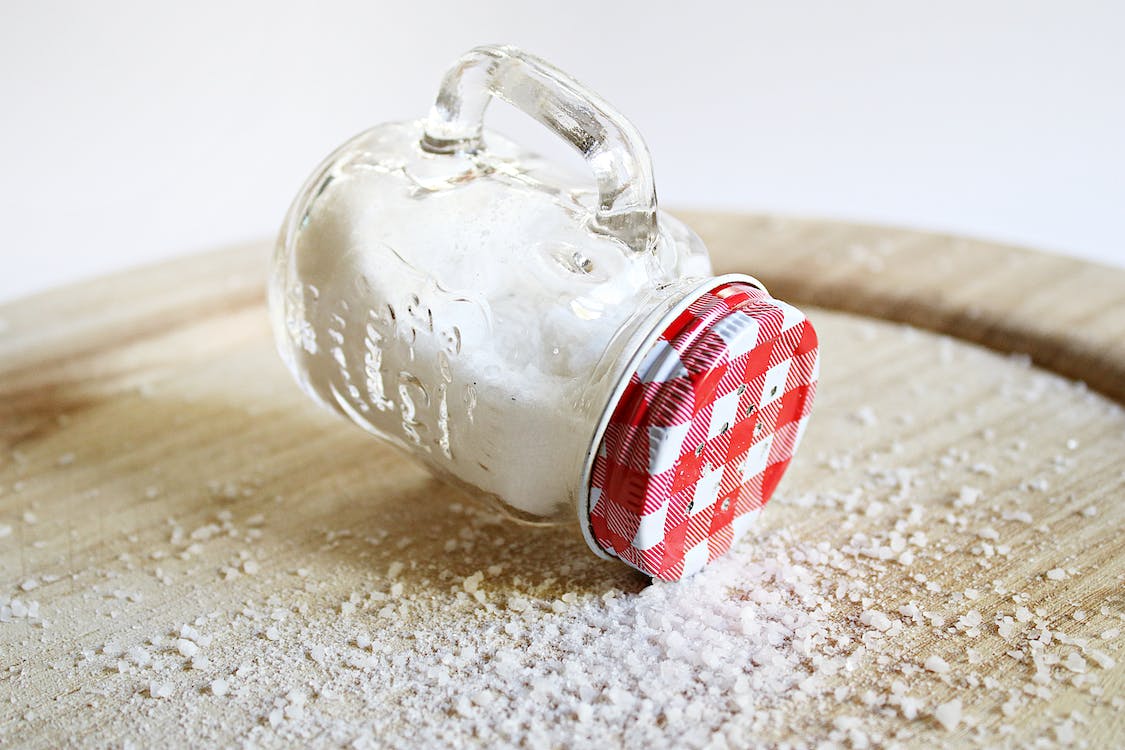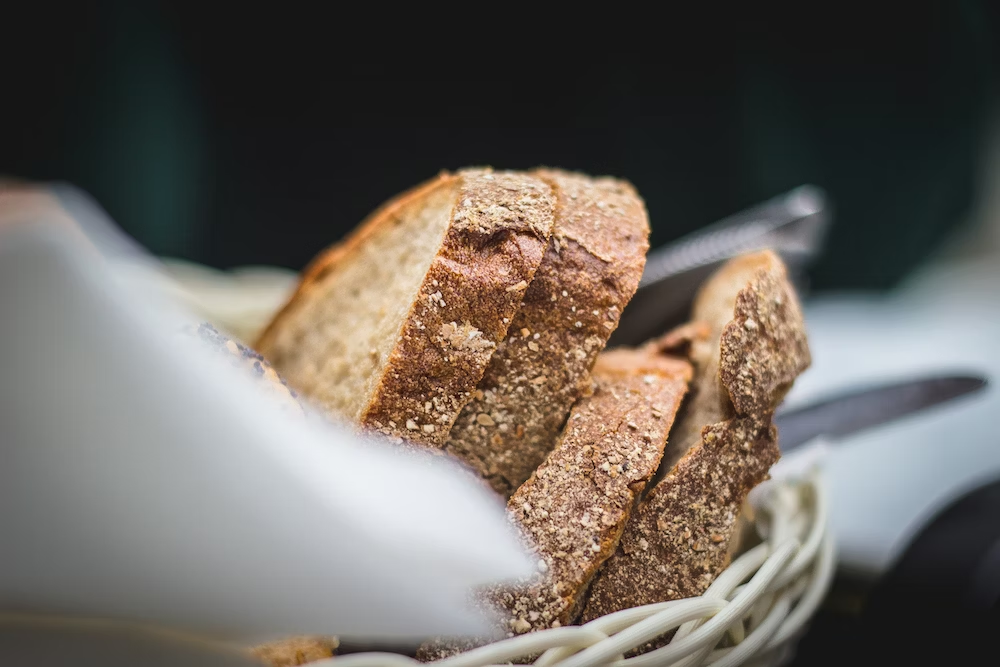


Nutritional advice spreads like a game of Chinese whisper, whether it’s the demonization of a given food category or the exaggeration of the potency of superfoods.
These 5 dietary misconceptions need to be debunked since they have such a large impact on people’s health.
Myth #1- Saturated fat is unhealthy
Obesity and related illnesses such as type II diabetes and heart disease have increased dramatically in recent decades, to the point that they were responsible for half of all fatalities in India between 2010 and 2013, with heart disease leading the list. Experts believe that fear of fats, which led to the adoption of low-fat, high-carb diets, triggered this phenomenon.

We didn’t realise it at the time, but fat is a friend, not an adversary. This is especially true in the case of saturated fats, which are still portrayed as villains for allegedly boosting cholesterol and causing heart disease.
Saturated fats are no longer associated with an elevated risk of heart disease and stroke. In reality, they increase the “good” HDL cholesterol and transform the “bad” LDL particles to a bigger form, lowering the risk.
Obesity, on the other hand, must be regulated, because fats contain 9 calories per gram. Sticking to a moderate quantity of saturated fats, such as those found in a balanced diet, is totally safe and beneficial. The following fact will explain why they’re also the best for cooking.
Myth #2- Cooking with olive oil is not recommended
Vegetable oils can create toxic chemicals when heated over their boiling point, which can have a long-term detrimental impact on human health.

Saturated fats, on the other hand, do not quickly turn rancid when heated. This makes them superior to refined vegetable oils sold as cooking oils when it comes to cooking.
This is why olive oil, which contains just 14% saturated fat, was once eschewed for cooking and reserved for salads. However, monounsaturated fats make up 73 percent of olive oil, and they have a strong heat tolerance, unlike the damage-prone polyunsaturated fats that make up the remaining 11 percent.
Additionally, olive oil, especially virgin and extra virgin varieties, is strong in antioxidants, which protect against free radical damage. Olive oil includes an antioxidant called oleocanthal, which has been shown to have anti-inflammatory properties similar to ibuprofen.
Cooking with a heat-stable oil that’s high in antioxidants is a great idea!
Myth #3- Cut back on the salt in your diet
Salt is a crucial electrolyte in our bodies, and those who do not have high blood pressure should not avoid it excessively. Excess salt restriction may wreak havoc on a variety of systems. 3–6 However, if you have high blood pressure or are salt sensitive, the following information is important to know:
Only roughly a quarter of our overall salt intake comes from home-cooked foods. That’s because processed meals and fast food include a whopping 77 percent of the salt we consume, which is added as a preservative to limit the growth of germs that struggle to thrive in high-salt settings.

Processed meat , canned goods, & snack foods, as well as cheese, breakfast cereals, and bread, contain “hidden” salts. That’s why research looking at the link between salt in cooked foods and blood pressure reported just a little drop in blood pressure.
Adding a little of salt to food is not a reason for concern for individuals who eat a balanced diet low in processed and quick meals.
Myth #4- Carbs are a source of empty calories
Carbohydrates, like lipids, are not our adversary when ingested in moderation. Fruits, legumes, and wholegrains, are high in a variety of health-promoting substances such as minerals, phytonutrients (free-radical fighting pigments from plants), vitamins and dietary fibre.

While low-carb diets have numerous benefits, including weight loss, they should be followed in a way that allows us to acquire nutrients from other sources.
It’s always better to prefer high-nutrition carbohydrates (like the ones listed above) over low-nutrition carbohydrates like sugary drinks and sweets in any diet.
Myth #5- Coffee is not good for the health
Caffeine is the most abundant stimulant in coffee, and it offers a lot of health advantages.
It can make us feel less weary and give us more energy. It increases memory, mood, attentiveness, reaction speeds, and overall cognition in the brain.

Caffeine may aid weight reduction by increasing our metabolic rate by up to 11%. Caffeine boosts the synthesis of our ‘flight or fight’ hormone, adrenaline, which improves our physical performance. It also boosts the effectiveness of pain relievers like paracetamol when used together.
Coffee includes a variety of vitamins and minerals, including magnesium, potassium, and B vitamins, in addition to caffeine. Coffee is the most abundant source of phytonutrients (such as flavonoids) in the Western diet, and its antioxidant activity has been associated to a lower risk of lifestyle illnesses such as heart disease and cancer, as well as symptoms of ageing.
Because of the caffeine and antioxidants in coffee, it has been demonstrated to reduce the risk of type 2 diabetes.
As evident there’s plenty of data to suggest that coffee (in and of itself) isn’t harmful to our health, with roughly 4 cups of coffee a day (assuming 100 mg caffeine per cup) proving to be perfectly safe for healthy people.
It’s apparent from this list of popular dietary fallacies that we shouldn’t accept everything we hear. It’s always a good idea to identify sites that can keep us informed on science-based nutrition.
A lot of information is now available on web and can easily be accessed. But the source or authenticity of such information cannot be established. Nutrition is bio individual one food that is bad for you can be beneficial for someone else. Hence it is advisable to consult a nutritionist to identify your food triggers and a customized diet plan for yourself for better health.
Reach out to our team of expert nutritionist at +91-9743430000 or write to us at devika@quanutrition.com
Ryan Fernando is an Award-winning celebrity Sports Nutritionist with 2GUINNESS world record and 2 Olympic medals under his belt. His client list include Olympic wrestler Sushil Kumar, cricketer Shikhar Dhawan & bollywood superstars Aamir Khan & Abhishek Bachchan. He is Chief Nutritionist at QUA Nutrition Signature Clinics.
©2023 All Rights Reserved Ryan Fernando. Designed and Developed by Floral Web Services